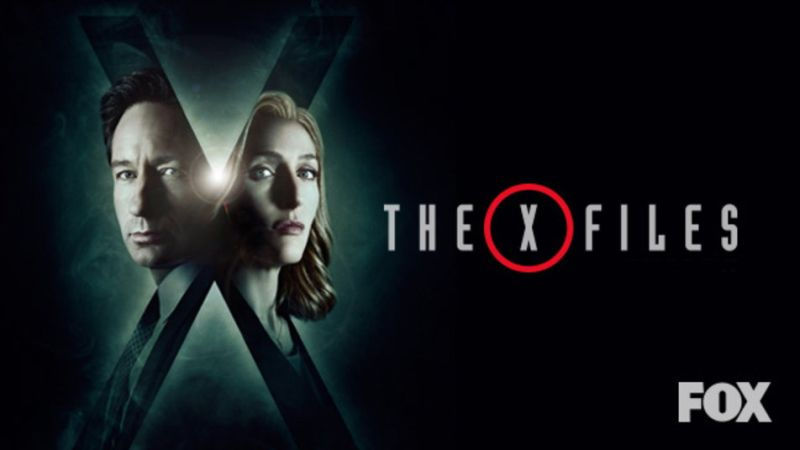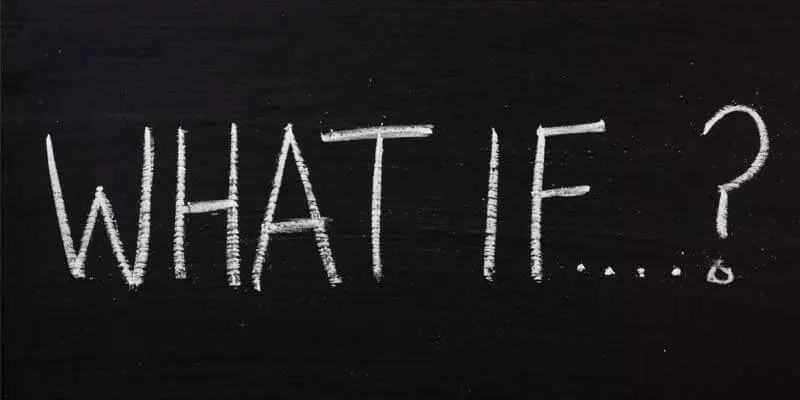Clichés, Stereotypes and Predictable Writing
- Author Bruce Shields

- Feb 2, 2021
- 7 min read

When growing up, our family watched a lot of movies. Maybe it was because we went from having four channels to nearly 30 with the new cable TV system introduced.
My interests ranged from The Twilight Zone to the Three Stooges. We had our favorites, and the weekend began with a day we called Cartoon Day. Saturday was the day nearly all the stations played cartoons for most of the day say parents could get a break and maybe sleep in a little while their kids watched Land of the Lost at six in the morning with their bowl of Boo Berry.
With the appearance of Cinemax and HBO, everyone wanted to jump on the bandwagon of cash flow.
When we got HBO, they would have a dozen movies that repeatedly played for a month. After their run, they changed up the program to do it again.
One summer at my grandparent's house, I watched Star Wars 100 times, or more, literally. I had seen Star Wars opening day at the drive-in, but you can never get enough of that kind of action. At least, back then, when Star Wars was decades ahead of other films with special effects.
Then it began to happen in television and movies, just as it had for books, the cliché.
The cliché became so funny that franchises such as The Naked Gun, Police Squad, and Airplane made a lot of money. Predictable, cliché stereotypical writing is funny when it's in a comedy.
Back when Saturday Night Live was funny, their humor relied heavily on stereotypes and racism. Not racism as portrayed in today's "everything is bad" culture, but racism is used stereotypically as a tool to educate on how ignorant it was. From shows such as All in the Family with racist Archie Bunker to The Jefferson's George Jefferson, never meant their behavior to encourage or support their hateful, racist ways, rather poke fun at how ignorant and narrow-minded they were. And it was funny.

Latchkey children like myself raised on these shows and Lavern & Shirley, Happy Days, Mork & Mindy, were taught morals, right and wrong, and were shown positive male role models like Mr. C, the Fonz, etc.
When I was young, I remember wishing that I lived with the Cunningham family or was a neighbor to Mork and Mindy.
So what does all this have to do with a cliché?
As a family watching a lot of movies, we had memberships to all the local Video Stores. We would pick a few films now and then, and before too long, your selection becomes smaller and smaller.
In the late 80's we had a Rainbow Video near my house. The parents of a kid who I went to high school with owned it. They boasted a collection of 20,000 movies if my memory is correct. I cannot believe that all these years later they are still there! I am not sure if the same people own it though.
Back then, you could get a catalog listing all of the movies they had in store. My friends and I would put a check next to each one we rented and made it our goal to watch every one of them, no matter how ridiculous the movie.
After a while, you would start to be able to see the plot before it unfolded. Even now, my wife and daughter are experts at spotting things in movies, sometimes within the first few minutes of the show.

I never complain, though, since I'm always pointing out the incorrect language for various firearms, or impossible feats such as a gun shooting someone and that person flies ten feet backward, or missing set props from one scene to the next. I even caught a blue safety gun for training in Fox Moulder's holster in a scene on The X-Files. They forgot to give him his prop, and he did the scene with the rubber gun.
But when it comes to storytelling, the cliché can ruin your story or dialog. I recall many times my wife and I will put a movie on, and within the first few minutes, she will point out the future love interest of the main character. Sometimes it is painfully apparent, and others, not so much. However, after years of reading romance novels, she sees the "set up."
For this reason, I consult her all the time on my storylines. I want to try and write unpredictably to make my stories more enjoyable. Who wants to know what's going to happen before it does? It's like knowing what you got for your birthday but wrapping it anyway to open.
As a kid, you think you want to sneak a peek at what you got for Christmas, but when you do, Christmas is anticlimactic and leaves you sad. So does a book, or even dialog.
While writing, one of the most excellent tools I use for avoiding cliché in storyline and dialog is what I call the second choice.
Pretend I am writing about a verbal altercation between two characters. I have written both of them entirely, full backgrounds, understanding who they are as people, and how they would act and react in situations.
Here is the first instinct;
"I want you to come with me. I can't do this without you."
"OK, I'll grab my things, and we can go."
"Meg, I want you to know I love you."
"I love you too."
Right away, readers are saying, "I knew she was going to go. Why wouldn't she?" If that's your first thought when writing, I usually throw it out. It doesn't mean you can't make them connect later, or in another way, just not as predictable.
"I want you to come with me. I can't do this without you."
"I'm not sure," she thought about everything he had done and was afraid.
"Meg, I want you to know I love you."
"I can't do this," she said as she turned to walk away.
Then readers will say, "What? No! You have to go with him!"
The conflict created here with the "second choice" not only eliminates the "I knew it" but makes the tension needed between two characters who won't do what your readers want them to do, at least, not when they want them to do it.
Later, you can have them reconcile and move forward.
The cliché in dialog also refers to phrases overused for decades. Such as the following;
"Every dog has its day," - Ferris Bueller's Day Off.
"We've got company!" - enters the bad guy.
"Don't die on me!" - probably going to die.
"(S)he's behind me, isn't (s)he?" - ugh...
"We can do this the easy way, or the hard way." - Disney's The Mandalorian rephrased this, "I can bring you in warm, or I can bring you in cold."
The overused phrase I hate lately, "I get it."
Do you?
or how about "{insert whatever} is my middle name."
These, and many more like them, can ruin dialog, and if you are not careful, your book.
Cliché dialog, cliché storyline, be warned.
But you have a tool you can use to avoid this. It's called the second choice. I use this all the time. The first thing that pops into my head when writing usually gets thrown out, unless it is a unique thing I have never heard before, which happens from time to time.
The other day I was finishing the story arc for Losing Dani Strumm. I had already contemplated an ending to the book over a year ago. As I was writing, a new thought appeared, "what if," I said to myself and wrote a fantastic "second choice" ending.
This ending is a great surprise and not even foreshadowed in the book because I just thought of it. It fits far better than the original finish.
I immediately spoke with my wife about it, saying, "what if..." and she fell for it. "That is the ending you need!"

So, that is the ending Losing Dani Strumm will get!
If even my wife, an expert at storyline set ups and cliché, cannot foresee this, then that is what I want!
So, a cliché in dialog or storyline, it's a no, no. (Is that cliché? Maybe.)
Don't ruin your fabulous book. Choose the second or third choice. You'll have plenty of time to write your characters where you need them to be.
Some of the characters in Pandemic Dawn didn't make it out alive, and I didn't plan on them dying, but as I wrote, things happen, and next thing you know, you have to make a decision. The second choice sometimes ends a character.
If you are not careful, you will create clichés yourself. The Walking Dead fell into this trap. They killed one of the main characters, and it made a great buzz, and viewers jumped in numbers. So what did they do?
Let's do it again, and again, next thing you know, they've killed off the entire cast except for a couple of characters. Look at their stats; viewers dropped in droves.
If your favorite main character dies, why keep watching?
It's OK to kill off characters, but don't kill them off if the book series you are writing follows a particular character. Your readers have identified with them. That's WHY they read your books! If you eliminate them, they no longer have the desire to read your series.

The Walking Dead made the fatal err of writing to gain viewers rather than tell a compelling story.
Don't lose sight of your story.
If you have to write and rewrite, so be it. It's much better to be true to the story than try to "please" all the readers. You will never accomplish that.
Here is a tool that helps you with clichés.
They can handle up to 10,000 characters at a time, and it's free. Most of us already know the clichés, though.
By the way, aside from listing clichés not to use, I wrote a few in this blog today that I missed, but the website pointed out;
"From time to time"
"jump on the bandwagon"
"now and then"
So, I could go and rewrite them, but I'll leave them there. If this were a book, I would change the clichés I used, but since this is a blog about writing and how we all make errors, I think it's fitting!
And here is another site that can help you with clichés,
They have a list of THOUSANDS of clichés!
HAPPY WRITING!




Comments